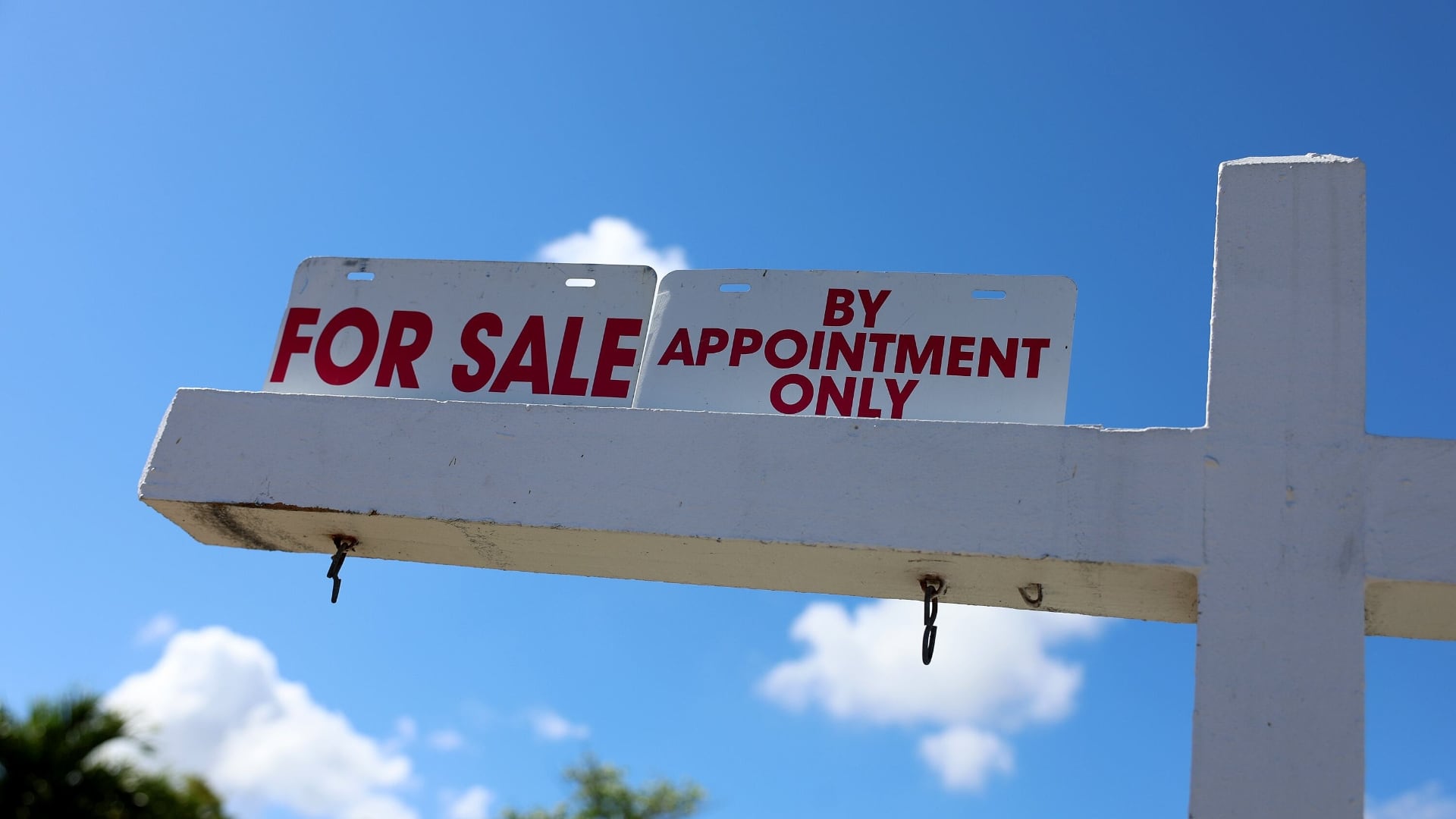*By Carlo Versano* What happens when the world's richest couple gets a divorce? It's the question ricocheting around the rarefied social circles of Silicon Valley, the less rarefied world of gossip columnists, and even the buttoned-up trading desks of Wall Street, where celebrity divorces are typically not the topic du jour. But the announcement from Amazon ($AMZN) founder and CEO Jeff Bezos that he and his wife, MacKenzie, are divorcing amicably after 25 years of marriage and a trial separation, is unprecedented, given Bezos' net worth and his control over and stake in one of the world's most valuable companies, as well his personal ownership of one of the country's biggest newspapers. "As our family and close friends know, after a long period of loving exploration and trial separation, we have decided to divorce and continue our shared lives as friends," the Bezos' joint statement read. The Bezos' are likely to file for divorce in Washington state, where Amazon is based and their primary residence is located. The law there is straightforward: in a no-fault divorce, assets are divided up 50-50. [Reports](https://www.tmz.com/2019/01/10/jeff-bezos-prenup-mackenzie-lauren-sanchez-divorce-affair/) indicate the couple did not sign a prenuptual agreement, which means MacKenzie Bezos could gain somewhere in the neighborhood of $65 billion, based on Jeff Bezos' current net worth. That would immediately count her among the five richest people in the world, and one of the richest women in history. Of course, it's unknown whether the couple has a financial agreement, or how lawyers would seek to divvy up their wealth, but there's little precedent for a divorce with this much money at stake. When Rupert and Anna Murdoch divorced in 1999, she received a reported [$1.7 billion](https://www.nytimes.com/2013/06/14/business/media/rupert-murdoch-files-for-divorce-after-14-years-of-marriage.html?ref=amychozick) through a prenup. Perhaps the largest divorce settlement to date unfolded that same year after the socialite Jocelyn Wildenstein walked in on her billionaire art-dealer husband with a 19-year-old model. In that decidedly [less-amicable](https://news.google.com/newspapers?nid=1876&dat=20000908&id=3TcfAAAAIBAJ&sjid=6c8EAAAAIBAJ&pg=3242,3047241) parting, Wildenstein received $3.8 billion. The question for Amazon shareholders is how the divorce could impact Bezos' stake in the company, which stood at [16.3 percent](https://ir.aboutamazon.com/static-files/3af60b72-8be7-4dad-aef9-dd87b94a60f0), as of last May. More than 90 percent of Bezos' wealth is tied up in Amazon stock, according to [CNBC](https://www.cnbc.com/2018/09/13/jeff-bezos-launches-day-one-fund-charity-how-he-spends-his-billions.html), meaning his stake could potentially be substantially diluted in a settlement. All that speculation doesn't even begin to consider the [reports](https://pagesix.com/2019/01/09/jeff-bezos-has-been-seeing-former-tv-anchor-lauren-sanchez/) that Bezos "has been seeing" the estranged wife of a Hollywood power player. MacKenzie and Jeff Bezos met when the two were both working at a New York hedge fund and married in 1993, a year before Amazon's founding. She was a key player in the early success of Amazon ーencouraging the idea, moving across the country with her husband to pursue it, and working as the company's first bookkeeper. How that narrative will play out in court remains to be seen. But we know at least one of Bezos' nemeses will be watching: "I wish him luck," President Trump told reporters Thursday. "It's going to be a beauty."












